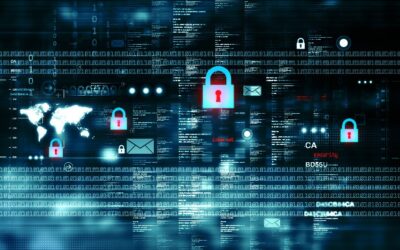Secure your digital identities
In order to allow your users and machines to prove their identities, implementing a PKI is essential to bring security as well as trust in your organization.
What is a PKI?
A PKI (Public Key Infrastructure) is the set of elements implemented in order to manage the lifecycle of digital certificates.
These elements include hardware components (servers, HSMs, smart cards), documentation and software.
Benefits of a PKI
Signature, encryption and authentication:
- Authentication of your servers
- Authentication of your users
- Communications security
- Integrity and non-repudiation of digital signatures
- Encryption privacy
Digitalberry helps you at every step your PKI project:
Framing of the need, key ceremony, deployment, configuration, operation and uses for your business needs.
For more information of the following topics, please see the dedicated pages:
PKI, a profession of expertise
Our knowledge of hardware security modules and expertise of digital trust solutions allow us to be your single point of contact in the implementation of the entire solution from design to use.
Discover a tailor-made service to set up your PKI structure:
- Advice on the PKI best suited to your expectations
- Organization of your key ceremony (HSM Initialization)
- Setting up your PKI
- Version migration or technology change of the PKI
- Definition of use and operating procedures.
Use the certificates from your PKI:
Implementation of use cases related to digital certificates (support on the installation of signature solutions, authentication, encryption, traceability, etc.) through parallel projects.
Want to learn more? Read our related articles
47-day certificate lifespan: the challenges of automation with ACME
With digital certificates gradually being reduced to a 47-day lifecycle by 2029, France’s national cybersecurity agency ANSSI recommends “automating certificate management with ACME.” This is...
USB security key management: the new challenge for MFA
Multi-factor authentication (MFA) is increasingly becoming the standard for enhancing security, complying with regulatory requirements, and addressing operational constraints. Various authentication...
Cloud migration: what impact on your digital certificates?
Today, migrating all or part of an IT system to the cloud is a project that is generally well mastered, both functionally and technically. However, the impact of cloud migration projects on digital...



